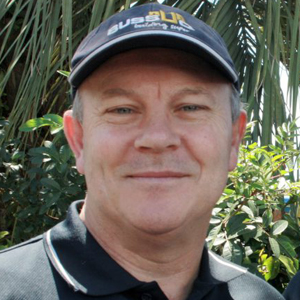BUSSQ drama prompts board governance questions
by Greg Bright
The trustee board of the $4.5 billion BUSSQ industry fund last Monday, April 1, terminated its long-standing CIO, bypassing the fund’s chief executive in the decision-making process. It was no April Fools’ Day joke.
Officially, David O’Sullivan, the CIO of BUSSQ and former chief executive, is “on leave”, according to Linda Vickers, the current chief executive. Simon Mather has been appointed as “temporary” CIO pending further deliberations.
Vickers said, via email, late last week, that she could not add anything to the conversation – to the media, that is – and O’Sullivan declined to comment at all. It appears to be a very unusual and delicate situation which raises questions about the role of boards and how far they can, or should, go in delving into super fund management issues.
Trustees are, after all and generally, well-meaning amateurs in the overall super and investment process. Their skill levels are increasingly being questioned at a time when APRA is looking for reasons to push smaller funds into mergers. The BUSSQ board may well have, last week, triggered bigger issues.
The reasons for the BUSSQ board’s contentious move are unclear. What is known from eye witnesses, however, is that Linda Vickers was fighting back tears when she read the announcement about O’Sullivan’s forced departure to a handful of staff last Monday, April 1. The story goes that she only heard of the board’s directive that morning. She has declined to comment on that or any other aspect of the event, as has O’Sullivan.
O’Sullivan and Vickers had a close and what would seem to be a very successful working relationship. O’Sullivan, a former Mercer consultant, was both chief executive and CIO of the fund for about 11 years, until August 2016. Vickers was the chief operating officer prior the split in O’Sullivan’s role.
Back in 2016, and at his suggestion, the two started talking about her taking over the chief executive’s role, which would allow him to concentrate on investments – the more creative and enjoyable part of his job – for the last few years of his career. They agreed and the board also agreed.
According to the independent data from SuperRatings, BUSSQ’s investment returns performance against its peers, is ranked number 8 of the top 50 funds over the past 15 years. O’Sullivan has been there for 14 of those years.
Ironically, the fund’s returns have slipped back slightly since 2016, but still remain above the median of all funds. Nevertheless, notwithstanding consistent pressure from Cbus to merge, as you’d suspect, BUSSQ has stood the test of time with its returns to members.










